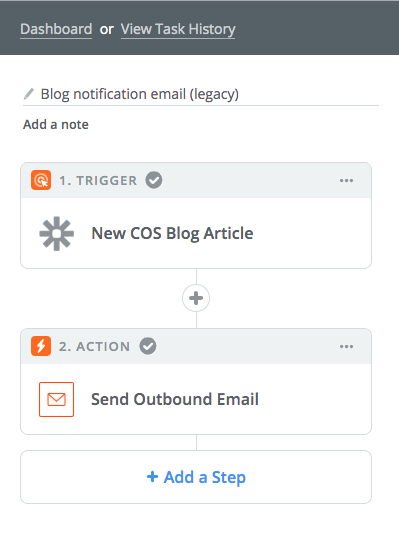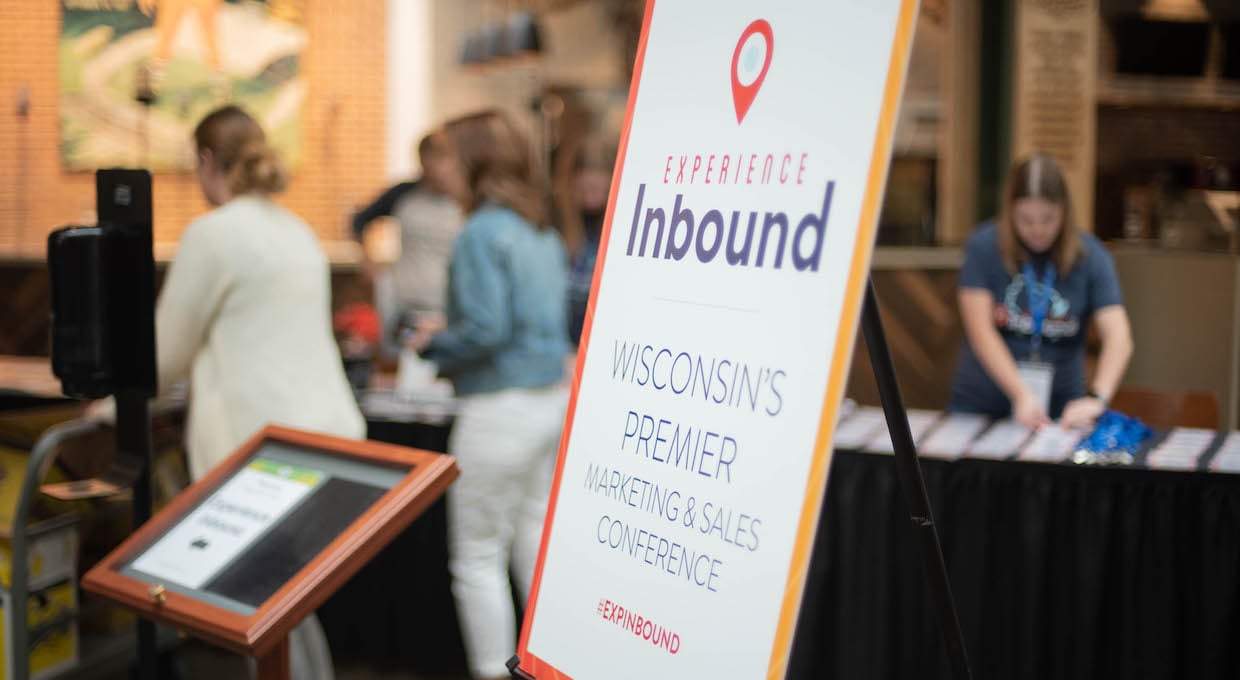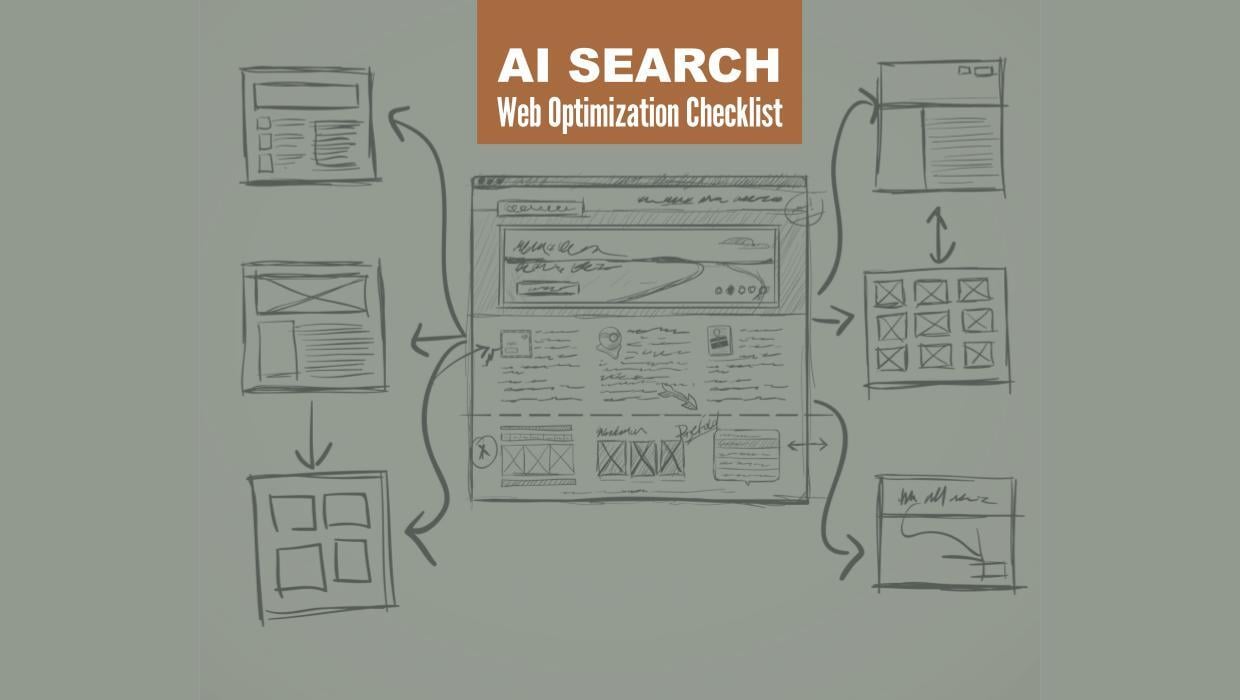Social Media for Employees — How to Inspire Participation
Written by
Are you overlooking one of your company’s greatest potential marketing assets? It’s a force that, when truly inspired, could transform your digital strategy and elevate your online presence in the marketplace. I’m talking about your employees!
Social media employee advocacy is an unlimited power source, and marketers are increasingly leveraging it to its fullest potential. While some organizations limit their employees’ social media use during work hours, others encourage employees to share a company’s brand and messaging throughout their personal social channels. Employees can and should play a critical role in your company’s social media marketing strategy as a way to keep the flywheel spinning.
What is Employee Advocacy?
Employee advocacy happens when workforces are engaged and empowered, using their personal influences to actively and eagerly promote their company’s brand on their own social media channels. It not only positively impacts sales growth and brand reputation, employee advocacy also helps build a stronger internal team, enhance your culture, and boost your recruitment efforts.
Let’s explore why this is and how it can happen.
Employee Social Media Marketing Gets Results
Nearly two out of three marketers say that their biggest challenge is generating leads and traffic. What if I told you there’s a way to expand your social reach by more than 500% and see your lead conversions grow seven-fold? Those are the kinds of results your company could see when employees become true social media advocates.
Despite the latest and greatest marketing tactics, word-of-mouth is still an incredibly powerful channel. In fact, more than two out of three B2B companies say word-of-mouth and referrals are their top sources of sales. However, the form in which that type of communication happens has changed. In today’s digital landscape, word-of-mouth often happens within LinkedIn status updates, tweets, Facebook recommendations, and other social avenues.
The reality is that people are more trusting of content shared by someone they know personally rather than a faceless corporate entity. Unless you’re marketing a major corporation, employees will collectively have far more followers than your official brand, providing an untapped audience for potential engagement. That’s why a brand’s message is eight times more likely to be shared when posted on an employee’s personal profile versus a company’s page.
Hootsuite even has a calculator you can use to see your company’s potential reach with employee advocacy activated. When you leverage the potential reach of your employees’ social channels, the impact on your marketing and sales funnel could be exponential.
 Source: Hootsuite employee advocacy reach calculator
Source: Hootsuite employee advocacy reach calculator
Happy Employees — The Key to Social Success
The types of results noted above have one major condition: employees cannot be forced to use their personal social media accounts to promote a company’s brand.
Creating a company culture in which workers feel compelled to share their personal insights into what’s happening within an organization and why the work they do matters requires a foundation that values individuals and their contributions. That type of culture cannot be created overnight. It requires dedication and, more importantly, demonstration from leadership.
When employees are happy, they’ll be more engaged and more likely to enthusiastically promote their employer and its mission. According to the Edelman Trust Barometer report, employees are the most credible voices on a company’s work environment, integrity, innovation, and business practices — well ahead of the CEO, academic sources, and media spokespeople.
OK, you may not have the social leverage of a global brand with thousands of employees. But don’t minimize how pivotal a role employees can play, especially for B2B companies with highly complex products and services. In fact, employee advocacy works better for B2B companies than it does for most B2C companies.
That’s because B2B transactions are highly considered purchases and can range in the tens of thousands of dollars, sometimes millions. That kind of big-ticket item isn’t purchased without a lot of time spent reviewing and researching the product and company, or engaging with a salesperson.
RELATED: READ OUR COMPLETE GUIDE TO SOCIAL MEDIA FOR B2Bs
Make Social Sharing Easy
Just because you have happy, engaged employees doesn’t mean they have the marketing skills to deploy your social advocacy initiative. It’s important to give them easy-to-use tools. Here are a few suggestions for equipping employees with the support they need.
- Provide resources and guidelines: what to say, what not to say, how frequently to post, and a list of potential topics and links to share
- Recommend the social networks that are most important for your company (where your target buyers spend time) and a strategy for advocacy on each
- Provide a list of appropriate hashtags
- Offer a variety of pre-drafted messages that employees can easily copy and paste, or customize to reflect their own personalities
- Suggest having a ghostwriter post on behalf of influential team members or company leaders who aren’t comfortable posting or have limited time (hint, if you’re using a marketing automation tool like HubSpot, team members can connect their accounts to the tool so you can help them write and schedule posts as your content publishes)
- Consider creating an incentive program that rewards those who post and promote
- Offer a lunch-and-learn session to educate employees and encourage them to get on board (hint: providing lunch increases participation considerably!)
- Consider an email integration tool that instantly lets employees know when a new blog article publishes so they can share. Here’s an example from Zapier or, if you’re a HubSpot user, you could consider Piesync from HubSpot as an alternative too:

Measuring the Impact of Employee Advocacy
Measuring social media success is not easy, especially when various staff members are involved in promotional efforts. Yes, each platform provides a large amount of data, but it’s difficult to assess exactly how your staff is contributing because their data is private and doesn’t roll up into your company's social accounts.
From our perspective, you should assess performance by the intended gross result, not individual performance. Instead of micromanaging every employee’s stats, encourage a company-wide mindset shift by making this a team effort. If you really want to make a program out of your social media strategy, consider regularly reporting KPIs:
- Social Contribution to Website Visits: Is there a constant and steady increase in the percentage of website traffic sourced to social media at large?
- The Number of New Followers Per Month: Are the number of company page followers increasing over time? Is that rate accelerating with greater staff engagement?
- Average Number of Social Interactions Per Page/Blog: Does the average number of social interactions on website content pieces increase with more staff involvement?
Engaged Employees Maximize Your Inbound Strategy
Are your workers among the millions of American employees who already share positive comments about their workplaces online? Use these tips and begin seeing the results that a socially active workforce can have on your brand awareness and overall inbound strategy. Take it a step further and ask your best clients and partners to become advocates and, of course, you can return the favor as well.
There’s a caveat to all this, though. Before you can expect your employees to share your content on social media posts, help them make sure their profiles are up to par so their networks view them and your company as thought leaders. Use our LinkedIn Profile Tip Sheet to get started, showing 12 best practices for maximizing your personal LinkedIn profile for inbound marketing and sales. Just click the link below.
Subscribe To Our Blog
Information. Insights. Ideas. Get notified every time a new Weidert Group blog article is published – subscribe now!
You May Also Like...

Weidert Group News & Events
Experience Inbound 2026 Opens Registration for Wisconsin’s Premier Marketing & Sales Conference

Search Engine Optimization
Zero-Click Marketing: What B2B Marketers Must Rethink Now

Search Engine Optimization
Optimize Your Industrial Website for AI Search
Accelerate Your Growth with
Weidert Group
If you’re ready to explore a partnership, request a personalized consultation with our team.


